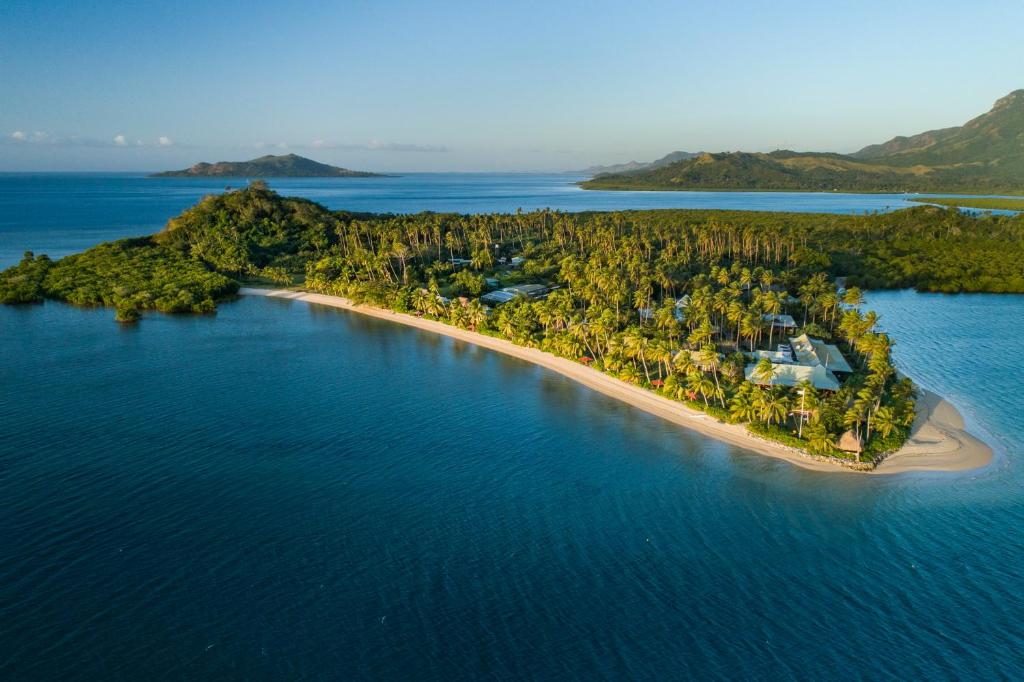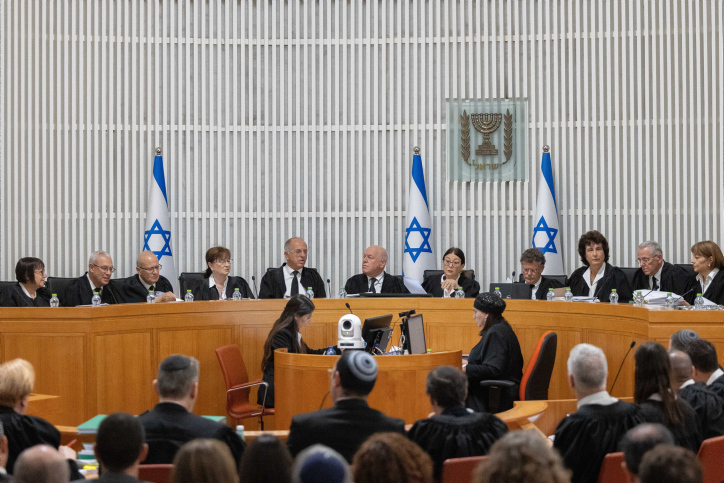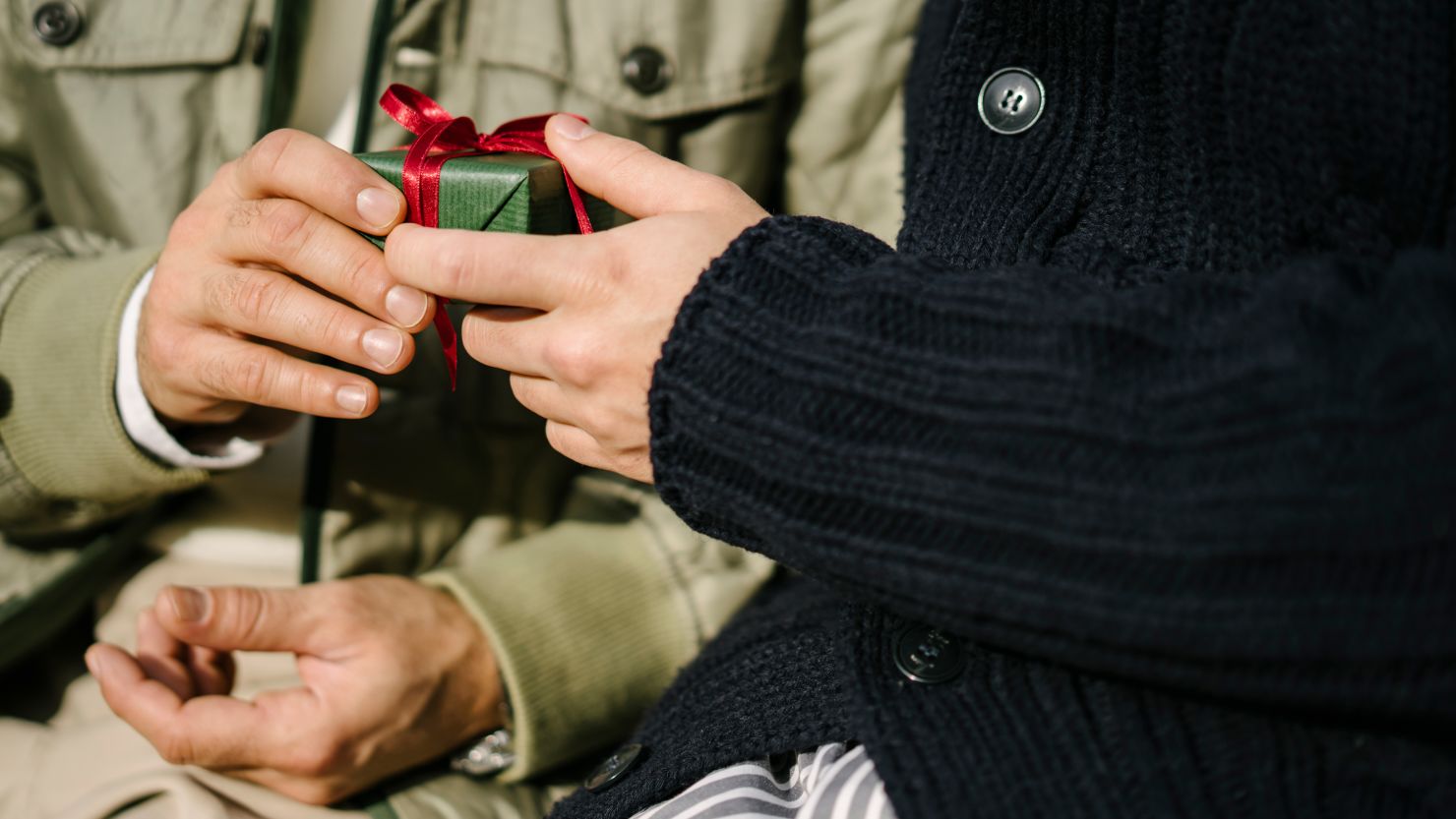The island country of Nukubati, which is next to Vanua Levu in Fiji, is a great example of how to do clean tourism in the Pacific. Director Jenny Leewai Bourke makes it clear that they don’t want to use the environment for their own gain, but rather to protect and improve it. Part of the Duavata group, the resort gets its power from the sun, grows its own food, and hires people from nearby towns.
The Island Country of Nukubati: The need for growth in the economy vs. the damage to the environment

The islands in the Pacific are very affected by climate change. They need to make money, but they also need to think about how tourism might hurt the culture and nature. People all over the islands want things to change as tourism, which is very important to the economy, gets better after the plague.
The Island Country of Nukubati: New Ways to Travel: Changing Tides
The Island Country of Nukubati: Vanuatu and the Cook Islands: Tourism That Helps the Environment
Vanuatu and the Cook Islands encourage “regenerative” tourism, which means they want visitors to leave a good impression. They can help repair coral reefs, stay in guesthouses run by locals, and eat food grown in the area. These things all connect travelers with real people and give them real experiences.
Slow Travel in French Polynesia
This is how French Polynesia markets its islands: as places for “slow tourism” that encourage people to stay longer, use eco-friendly transportation, and really get into the culture. Bora Bora only lets a certain number of people come so that its unique way of life can be kept.
As part of its ecological pledge, Palau
Palau is an island nation in the western Pacific. When people visit, they are asked to sign a promise to take care of the environment. Responsible tourism is pushed by these kinds of programs, which stress how important it is to harm the earth as little as possible.
The Island Country of Nukubati: Issues with Regulation: Hard Rules vs. Soft Rules
The Pacific has a lot of rules and guidelines for eco-friendly tourists, but it’s still hard to follow them. Things that people choose to use, like promises or certification programs, are not as strong as rules. Professionals say that a mix of the two is the best way to get most people to act in an honest way.
This is the first time that a country has been declared green.
The rules set by the Global Sustainable Tourism Council (GSTC) are now the law in Fiji, which is the most visited country in the Pacific. However, the fact that they are not required and take a long time to do so shows that they need to be closely followed. In order to meet their goal, 60% of their tourism businesses must be GSTC certified by 2025.
Niche tourism of different kinds: a step in the right way
A lot of people still like mass tourism, but niche types of tourism like slow tourism and green tourism are growing. In its five-year tourism plan, the Cook Islands want to bring in tourists who will good to the environment. And encourage people to support businesses that have accept.
The Island Country of Nukubati: Tourists should do something to help.
Pacific islands want visitors to take care of their lovely scenery. Brianna Fruean is a fighter for the environment who says we need to change how we treat tourists. People who are traveling should do their research. And also choose locally owned companies to avoid “greenwashing” and really make a difference in the places they visit.
To sum up, green tourism is changing quickly in the Pacific islands. Things are moving faster toward responsible tourists and environmentally friendly ways of doing things, even though there are still issues. As guests, the things we do can help protect these island paradises’ natural beauty and rich cultural diversity. Let’s all work together to make tomorrow better.



